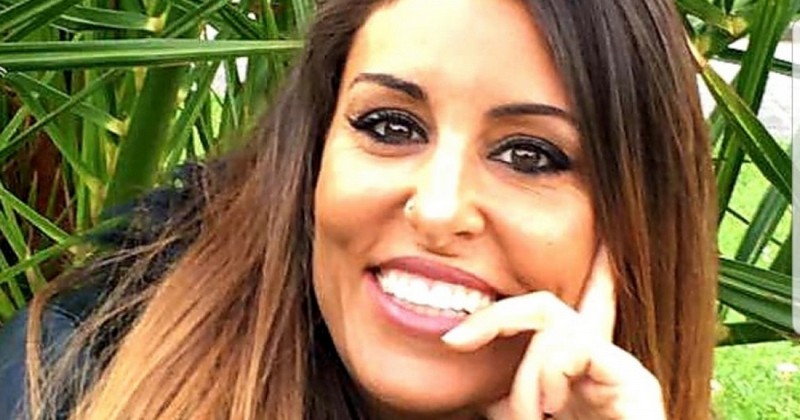Naiara Riancho: "The number of psycho-pedagogical diagnoses is increasing".

The psychopedagogist Naiara Riancho talks about the characteristics of the psycho-pedagogical diagnosis.
Learning problems are not simply difficulties in memorizing syllabi or in making progress in the or making progress in the training of a certain skill evaluated at school.
In fact, these alterations often lead to forms of discomfort in many areas of life, giving rise to chain reactions: lack of self-esteem, little predisposition to face new challenges, poor frustration regulation, etc.
That is why it is important to detect this kind of problems as soon as possible, understanding well their nature and the situations in which they are expressed, something that is achieved through a correct psycho-pedagogical diagnosis.. In this interview with the psychopedagogist Naiara Riancho, this professional explains what this process consists of.
Interview with Naiara Riancho: what is and how is the psycho-pedagogical diagnosis performed?
Naiara Riancho Blanco is a psychopedagogue, speech therapist and manager of Centro Inpsikowith offices in Bilbao and Barakaldo. In this interview she talks to us about the characteristics of the psycho-pedagogical diagnosis and its potential to help both people who experience diagnosable problems and their families.
What exactly does the pedagogical diagnosis consist of?
Through a comprehensive assessment, the areas of need of a person, who can be of any age, are explored.
Standardized tests are performed to obtain information at the learning, social, emotional and intellectual levels, and all these aspects are analyzed to give us information on whether or not there is a need for intervention in any of these areas.
What are the most frequent problems detected through pedagogical diagnosis in primary and secondary education?
In primary school the most frequent problems are usually learning problems, such as attention and concentration problems, as well as dyslexia, dysgraphia, dyscalculia, dysorthographia, hyperactivity problems, etc.
In secondary school, if they have had learning problems, they are usually worked on in primary school, but sometimes they have self-esteem, emotional or behavioral problems.
Is it common that parents of children with learning disorders have not noticed any specific problem in the child's behavior, beyond their general discomfort?
Normally parents do notice that their children progress slower than expected for a child of their age, or that it may be difficult for them to do their homework or study?
In addition, they notice that many of the children are tired, listless, even frustrated, since they see that their effort is not normally rewarded in their grades.
Once the diagnosis has been made, what happens?
In the case that, with the data obtained in the diagnosis, a need for intervention is detected, it would be necessary to work on what shows difficulty.
With the necessary professional support, can children with disorders such as ADHD, dyslexia or dyscalculia lead a normal life?
Of course, but in order to do so, it is necessary to clearly establish a plan of action for their particular needs. Whether treating adhd or any other learning and/or emotional problem.
Is it necessary to create more awareness about what it means to develop a learning disorder? Does the general population have enough knowledge about this subject?
I think the population is becoming more and more aware of this. Years ago, when someone had learning difficulties, that person was taken for lazy or as not having sufficient intellectual abilities and diagnoses were not carried out as they are nowadays.
Nowadays we observe that year after year the number of diagnoses are increasing, that means that parents are aware that we need a previous evaluation to detect difficulties in our children and in this way we can help them in a healthy way to improve their quality of life taking into account objective and not subjective data.
(Updated at Apr 14 / 2024)